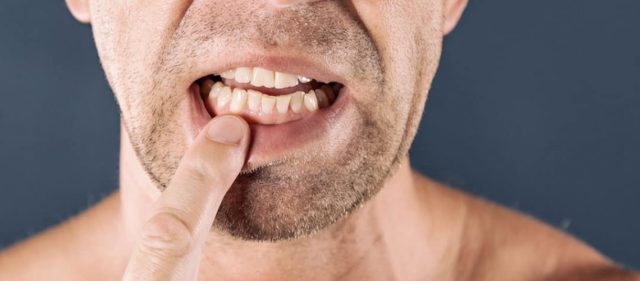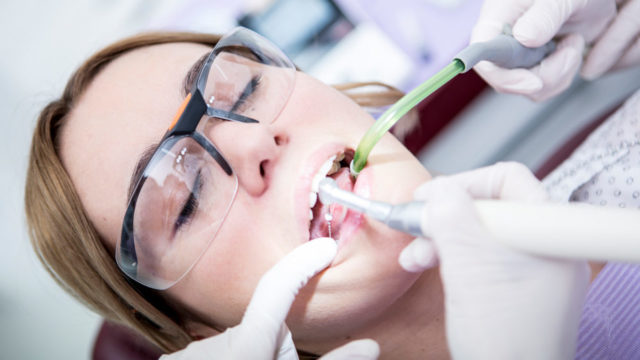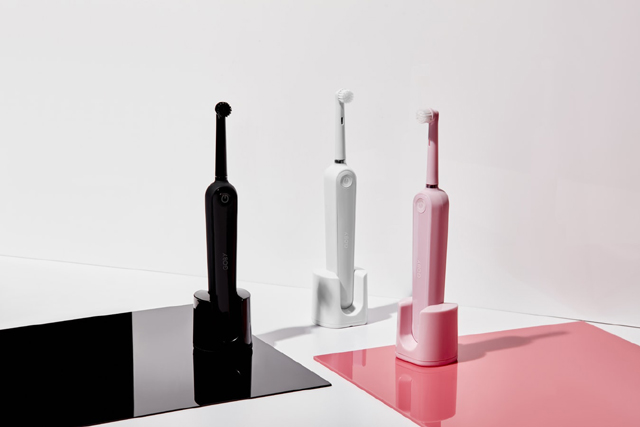If you are like most people, you do the right oral hygiene but still, keep getting cavities. You might visit your dentist, brush twice daily, consume a low sugar diet, and use mouthwash, yet nothing appears to be enough.
You might be asking yourself why they keep appearing in spite of the good habits. Here are some likely reasons that cause cavities despite brushing and flossing frequently.

Why You May Be Getting Cavities
Receding gums
Gum recession exposes the tooth’s root. The root does not have a protective enamel cover like the rest of your tooth. This makes it more prone to cavities and decay.
Wrong brushing and flossing
The bristle tips can remove debris and plaque buildup on the surface if used in the right way. Keep in mind that if you press your toothbrush harder on the surface of your tooth, it will not lead to better results. Rather, ensure that you brush at least for 2 minutes. Consider also the chewing surfaces and parts along your gum line. Short, gentle strokes will work well for all surfaces. In addition, you should focus on crowns, fillings, or bridges during cleaning.
Flossing will remove plaque and food particles that are in hard-to-reach areas using your brush. It will help reduce cavities from returning. You should floss as many teeth as you can.
Stress
Stress will affect not only your mood but also your entire body, which includes sleep. When you have stress, Bruxism sets in. This is where you have clenching jaws and grinding teeth. Bruxism will result in the tips of your teeth looking flat and enamel wearing away. When this tooth enamel wears off, the teeth are susceptible to decay and ultimately cavities.
Dry mouth
Nasty bacteria from consumed food create acid in your mouth. This makes saliva the perfect defense against bad bacteria. Saliva will wash plaque and control decay formation that leads to cavities. Some prescriptions affect the mouth’s salivary glands that generate saliva, which leads to a dry mouth. Paying no attention to this problem will affect your overall health very fast. So, it is best to inform your doctor about dry mouth.
Back teeth remain susceptible to decay
Molars and premolars play a huge role in helping break down food items before ingesting. These teeth have many grooves, pits, and crannies that trap food particles. In addition, they are not easy to clean up and fast turn into a home for plaque. This makes them susceptible to cavities and decay.
Orthodontists usually recommend patients get tooth-colored filling or tooth sealants. These cover grooves and pits on the back teeth to protect them.
Don’t avoid toothpaste that has fluoride
Fluoride proves to be helpful since it will prevent cavities during the onset of decay. In addition, it will help in reversing damage to the teeth up to a specific degree by restoring tooth enamel. Unluckily, people use products that have natural alternatives that don’t have fluoride. This causes their bad oral health because of a lack of fluoride, despite frequent brushing. For this reason, it is advisable to use toothpaste and mouth rinse that has fluoride.
Too much teeth brushing
Brushing the teeth can prevent cavities; however, too much of it can lead to them. When over-brushing, the bristles cut away on the enamel, eventually causing cavities and decays.
Regular snacking
It is best to take snacks in multiple sessions instead of a filling meal. But unluckily, this leads to a type of continuous acid rain on your teeth. Taking a bit of sugar the entire day will lead to a frequent cover of bacteria that causes plaque in the mouth.
Consuming cake, cookies, dry cereal, dried fruits, chewy candies, and chips will lead to hazardous bacteria growing because of sugar content. Shockingly, even dairy products and honey have sticky particles that will hold on to your teeth and gradually lead to decay and cavities. It is not easy to wash these particles away with water. Even brushing twice daily might not help since sugar and debris cover teeth for many hours in such scenarios.
It is better to go for more filling food items than allowing food particles to remain on your teeth the entire day. Those who like to snack regularly should brush twice daily. In addition, rinsing the mouth after each meal will greatly reduce dangerous bacteria in the mouth and enhance the production of saliva.
Grinding the teeth
Sleep disorders, crooked teeth, anxiety and stress, an unusual bite, and TMJ disorder might lead to this issue. Sometimes, it is hard for some people to realize they have a habit of grinding teeth.
This problem will damage tooth enamel and expose teeth layers. A dentist will look at your mouth and diagnose this problem. To control further damage, the professionals can treat the same using a mouth guard or other devices.
Seek professional help to prevent cavities
If you are experiencing oral health problems in spite of practicing the right oral hygiene habits, a dental check-up is the best option. Contact us today! Our professional team will offer you advice about how you can avoid getting cavities.




